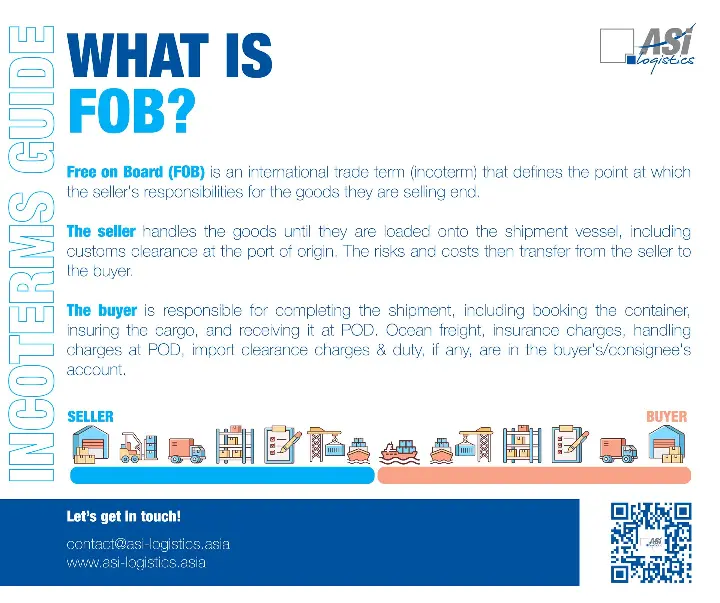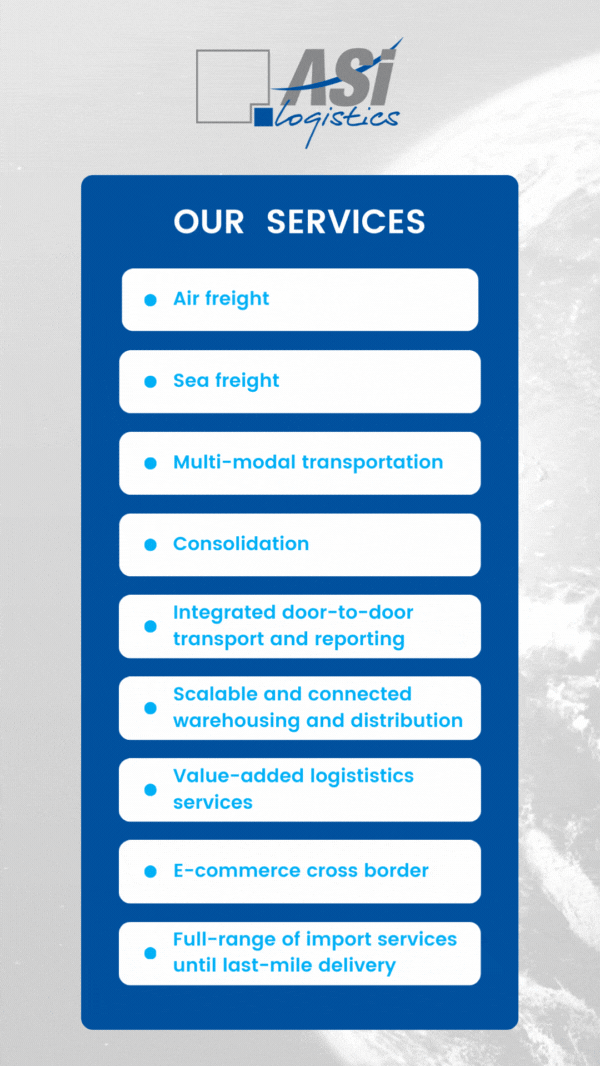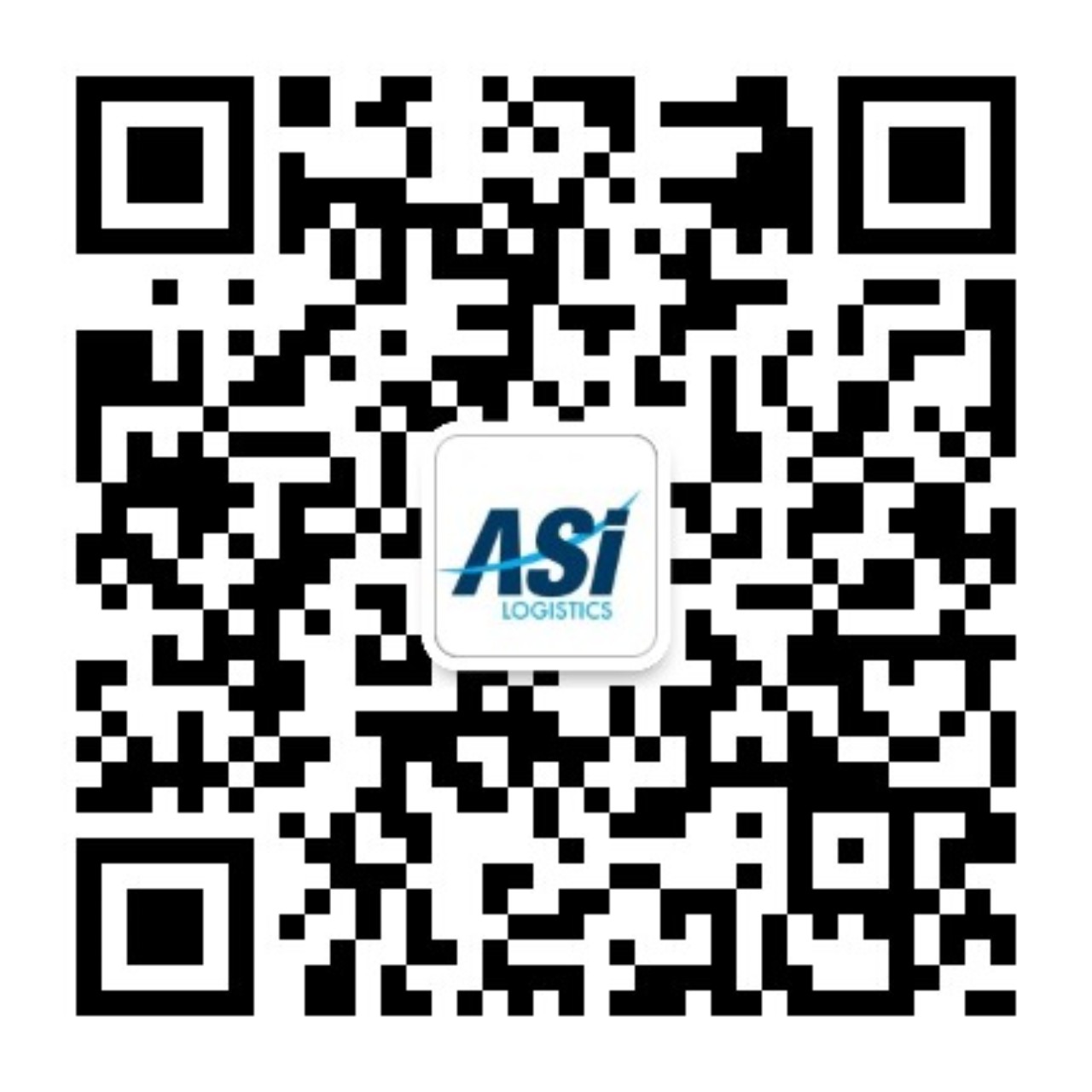Incoterms act as the foundation pillars of international trade: they codify it while ensuring the legal responsibility of the parties involved is clearly stated. As your logistics & freight forwarding partner, ASI Logistics designed a handy Incoterms guide to help you navigate your international business operations. Today, we tackle one of the most commonly used Incoterm: FOB.
What Are Incoterms?

Incoterms, or International Commercial Terms, are a series of internationally recognized trade terms that define the responsibilities of buyers and sellers in international transactions.
They are published by the International Chamber of Commerce (ICC) and specify the responsibilities of both parties in the delivery of goods, including tasks such as transportation, insurance, and the transfer of risks. Incoterms are widely used in international trade and are a key part of any international sales contract.
Why Does Being Familiar With Incoterms Matter?

Incoterms help to clarify the responsibilities and obligations of both the buyer and the seller in international trade transactions. Using them ensures that both parties clearly understand who is responsible for the goods or tasks, such as arranging transportation, providing insurance, or paying customs or import duties. This can help to avoid misunderstandings and disputes between the buyer and seller.
In addition, being familiar with the implications of a given incoterm used in a contract ensures that the buyer and seller more accurately estimate the transaction cost and make informed decisions about their purchasing and selling activities. For example, if the seller is responsible for arranging transportation, this will impact the overall cost of the goods.
What Is FOB?

FOB (Free on Board) is likely to be the Incoterm you will most often come across in international trade.
If two parties agree on FOB terms, it means the goods are the supplier's responsibility until loaded on the shipping vessel, and this responsibility transfers to the buyer thereafter.
The implications of FOB can be further clarified by the terms FOB Origin and FOB Destination.
- FOB Origin (or shipping point): all the risks transfer to the buyer once the goods are shipped by the seller, i.e., once they leave the shipping point and begin their transport to the customer.
- FOB Destination: the risk of loss transfers to the buyer when the goods reach them, i.e., the seller bears this responsibility until the buyer receives the goods.
In addition, being familiar with the implications of a given incoterm used in a contract ensures that the buyer and seller more accurately estimate the transaction cost and make informed decisions about their purchasing and selling activities. For example, if the seller is responsible for arranging transportation, this will impact the overall cost of the goods.
No matter the context, ASI Logistics, strong with 15 years of expertise, provides you with the most adapted logistic solution to fit your needs and ensure you enjoy the benefits of smooth operations.
Thanks to our seven offices, including six conveniently located on China's east coast logistic hubs (Shanghai, Qingdao, Xiamen, Ningbo, and Hong Kong), its two branches in Ho Chi Minh City, Vietnam, and Phnom Penh, Cambodia, and its worldwide network of logistic experts, ASI Logistics accompanies you at every step of your product's journey from, to and within Asia.
Our Values

